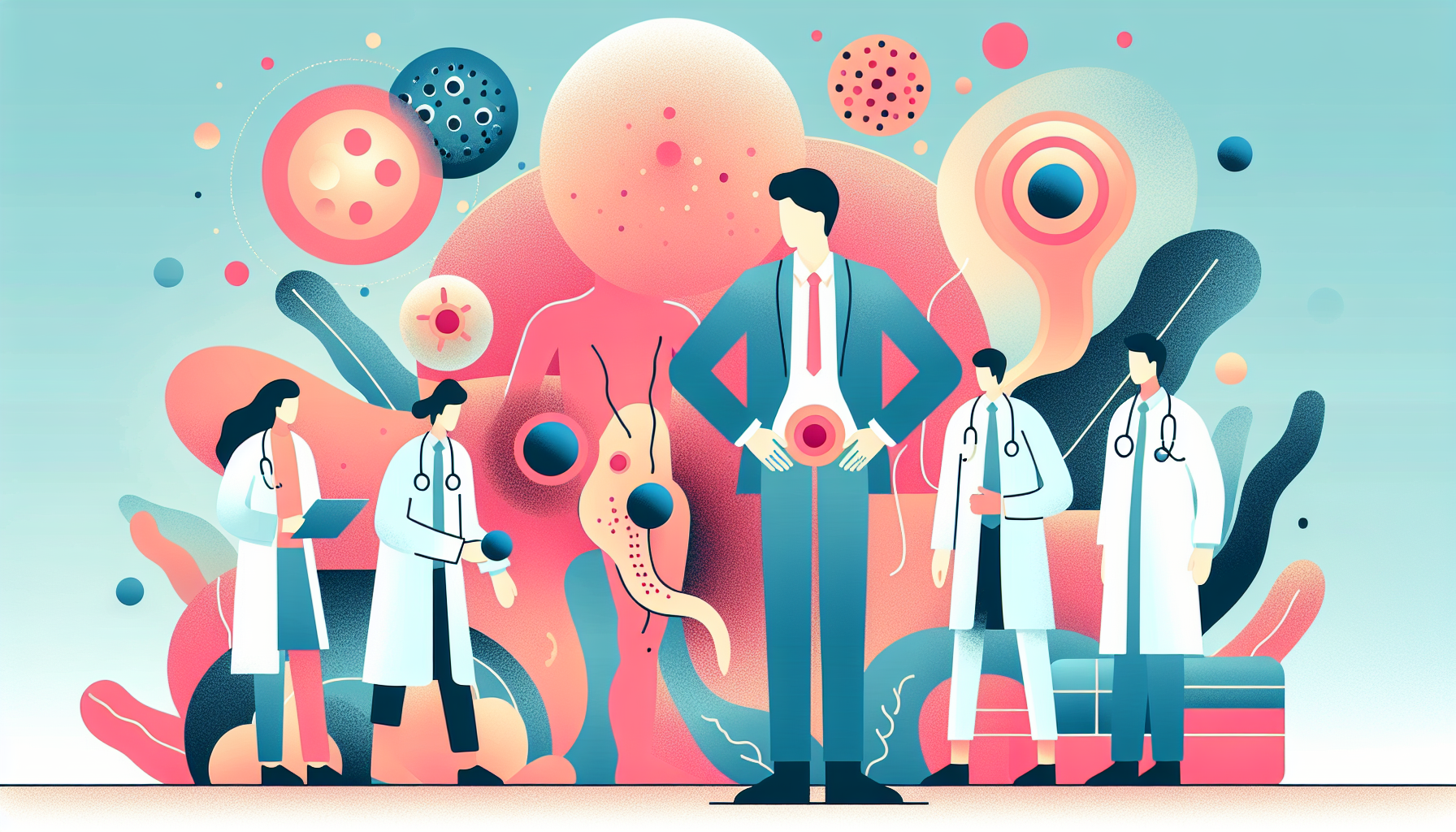Genital warts are a common sexually transmitted infection (STI) caused by certain types of human papillomavirus (HPV). Both men and women can get genital warts, but the symptoms may differ. Here's what you need to know about genital warts, including causes, symptoms, and treatment options.
Symptoms of Genital Warts in Women
In women, genital warts typically appear:
The warts may be very small or form large clusters. They can be reddish or white in color. Some women with genital warts may not experience any symptoms at all.
Symptoms of Genital Warts in Men
In men, genital warts usually appear:
On the penis or scrotum
Around the anus
Both men and women can also develop genital warts on the lips, mouth, tongue, and throat.
Causes of Genital Warts
Genital warts are caused by certain types of HPV, particularly types 6 and 11. These types are considered low-risk HPV because they rarely cause cancer. HPV is spread through skin-to-skin contact, usually during sexual activity.
Diagnosis and Testing
There is no routine test for low-risk HPV in women. Your doctor will need to perform a visual examination to diagnose genital warts. In men, there is no reliable test to detect the virus that causes genital warts. Regular check-ups with your doctor are important for early detection.
What to Expect During an Exam
During an examination for genital warts, your doctor may:
Ask about your sexual history and practices
Inquire about any symptoms you're experiencing
Perform a physical examination of the genital area
Take a biopsy of any suspicious warts
Test for other STIs, such as HIV and syphilis
Treatment Options
There are several treatment options available for genital warts, including:
Your doctor will recommend the best treatment option based on the location, size, and number of warts present.
Prevention and Protection
To reduce your risk of contracting genital warts and other STIs:
Practice safe sex by using condoms consistently and correctly
Limit your number of sexual partners
Get vaccinated against HPV (available for both men and women)
Have regular check-ups with your healthcare provider
If you or your partner experience any symptoms of genital warts, such as abnormal discharge, burning, pain, or bleeding during urination or sex, see your doctor right away. Early diagnosis and treatment are essential for managing genital warts and preventing complications.
The Bottom Line
While the underlying HPV infection persists lifelong, visible warts can be successfully treated with topical medications or in-office procedures, with many cases clearing spontaneously within 2 years. Prevention through vaccination remains the most effective strategy, especially for those under 26. If you notice unusual growths in the genital area, Doctronic can help you get a proper evaluation and discuss treatment options.


